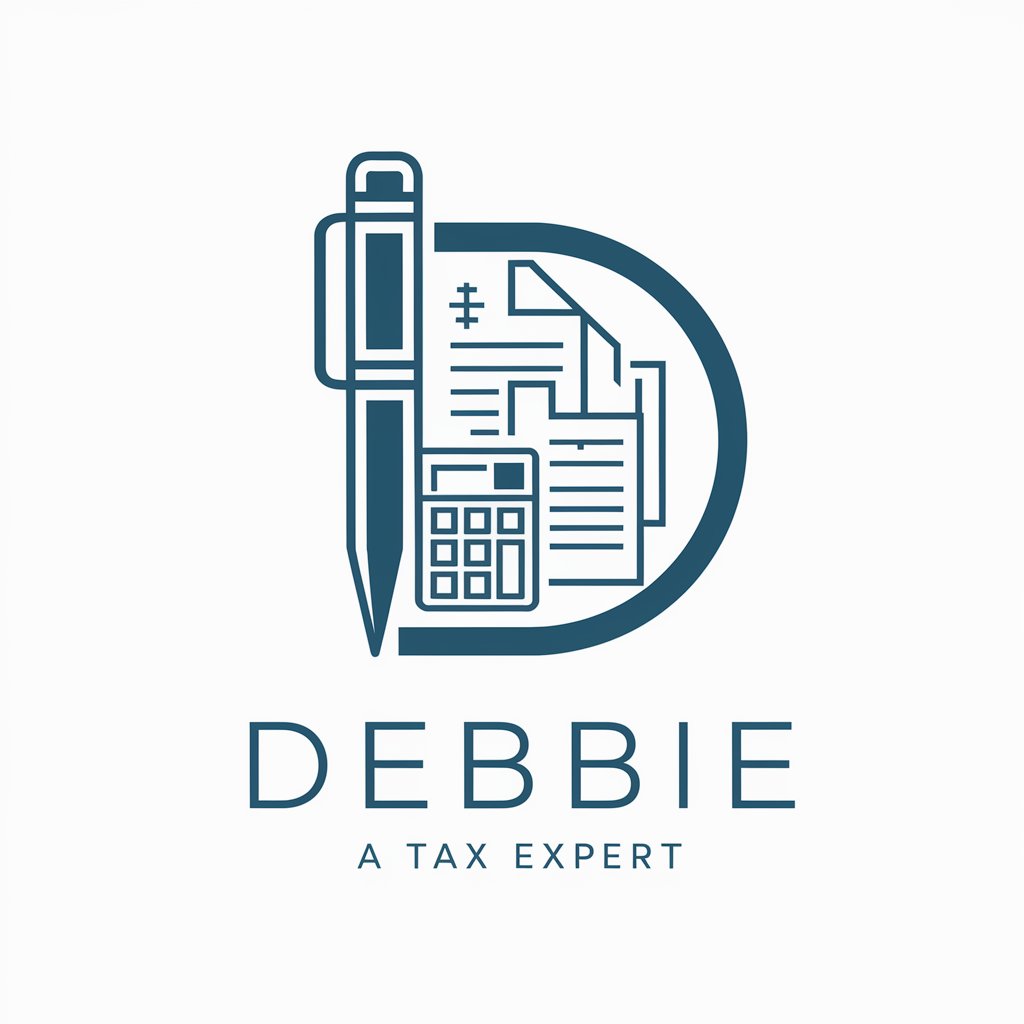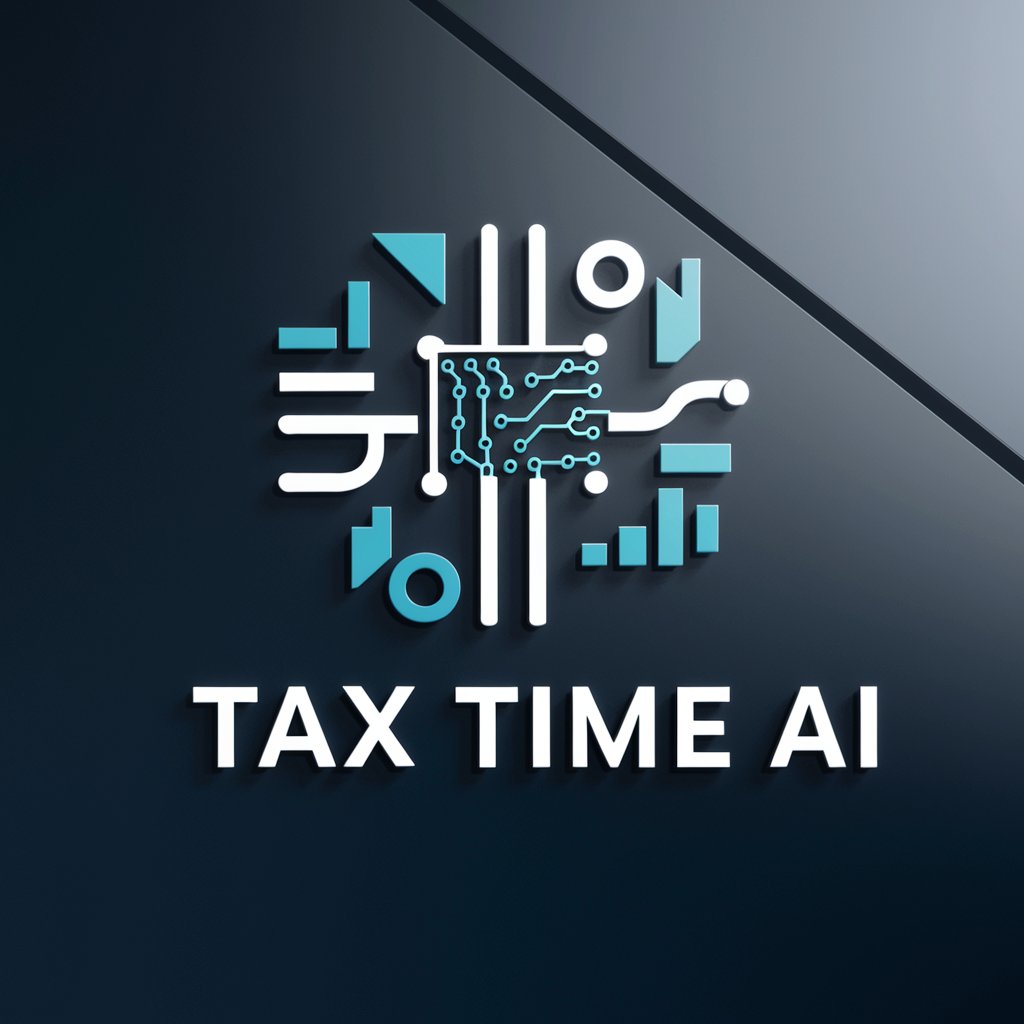5 GPTs for Investment Taxation Powered by AI for Free of 2026
AI GPTs for Investment Taxation refer to specialized Generative Pre-trained Transformers that are designed to address the complex needs within the investment taxation domain. These AI tools leverage advanced machine learning models to provide tailored solutions for analyzing, reporting, and advising on taxation matters related to investments. By understanding the intricacies of tax laws and regulations, these GPTs offer personalized guidance, making them invaluable for navigating the often complicated landscape of investment taxation.
Top 5 GPTs for Investment Taxation are: IRS Helper,Tax,加拿大投资税收顾问,Personalized Tax Advisor,Tax Savvy AI
IRS Helper
Navigating tax complexities with AI-driven precision.

Tax
AI-powered tax advice at your fingertips

加拿大投资税收顾问
Navigating Tax Complexity with AI

Personalized Tax Advisor
AI-driven personalized tax guidance

Tax Savvy AI
Maximize your savings with AI-powered tax strategies.

Key Attributes of Investment Taxation AI Tools
These AI GPTs tools stand out for their adaptability across various levels of complexity in investment taxation tasks. Key features include natural language processing for understanding and generating tax-related content, advanced analytics for tax optimization strategies, and the ability to integrate with financial databases for real-time data analysis. Special features may encompass language adaptation for global tax regulations, technical support for specific taxation questions, and customization options catering to different user needs within the investment taxation sector.
Who Benefits from Investment Taxation AI?
The primary beneficiaries of AI GPTs for Investment Taxation include novices seeking to understand investment taxes, professionals in finance and taxation requiring advanced analysis tools, and developers looking for customizable AI solutions in this domain. These tools are designed to be accessible to users without programming skills, while also offering extensive customization options for those with technical expertise, thus catering to a wide range of users.
Try Our other AI GPTs tools for Free
Treaty Consultation
Discover how AI GPTs for Treaty Consultation are transforming the analysis, drafting, and negotiation of international treaties with cutting-edge AI technology.
Expatriate Planning
Discover how AI GPTs for Expatriate Planning revolutionize the relocation process with tailored advice, language learning, and comprehensive support for expatriates and organizations.
Job Relocation
Discover AI GPTs for Job Relocation: cutting-edge tools designed to personalize and streamline your job relocation process, making your move smoother and more efficient.
Wardrobe Analysis
Discover how AI GPTs for Wardrobe Analysis transform your styling experience with personalized advice, trend insights, and smart wardrobe management.
Event Styling
Discover how AI GPTs for Event Styling are transforming the event planning industry with innovative, personalized solutions for any event, making planning easier and more creative.
Budget Fashion
Discover how AI GPTs for Budget Fashion are revolutionizing affordable style with personalized advice, trend analysis, and market insights. Perfect for fashion enthusiasts and businesses alike.
Expanding the Horizon with AI in Investment Taxation
AI GPTs in investment taxation are revolutionizing the way individuals and professionals approach tax planning and compliance. With user-friendly interfaces and the ability to seamlessly integrate with existing financial systems, these tools not only simplify complex taxation issues but also offer a platform for continuous learning and adaptation to regulatory changes, making them indispensable in the rapidly evolving financial landscape.
Frequently Asked Questions
What exactly are AI GPTs for Investment Taxation?
AI GPTs for Investment Taxation are artificial intelligence tools tailored to offer solutions and advice on matters related to taxes on investments, utilizing advanced machine learning techniques to handle tasks ranging from data analysis to regulation compliance advice.
Who can benefit from using these AI tools?
Both novices and professionals in the fields of finance and taxation, as well as software developers looking to integrate taxation AI into their applications, can find value in these tools.
Do I need programming skills to use these tools?
No, these tools are designed to be user-friendly for those without programming skills, offering intuitive interfaces and guidance.
Can these tools adapt to different countries' tax laws?
Yes, many of these AI GPTs are designed with adaptability in mind, allowing them to cater to the tax laws and regulations of various countries through language learning and customization features.
What makes these AI tools unique for Investment Taxation?
Their ability to process and generate complex tax-related content accurately, integrate with financial databases, and offer tailored tax optimization strategies distinguishes them in the field of investment taxation.
How can developers customize these AI GPTs for specific needs?
Developers can utilize APIs and programming interfaces provided by these tools to tailor functionalities, integrate with existing systems, and develop specialized applications for investment taxation purposes.
Can these tools help with tax filing for investments?
Yes, AI GPTs for Investment Taxation can assist in preparing and optimizing tax filings related to investments by providing insights into tax deductions, credits, and compliance with regulations.
Are there any special features for professional tax advisors?
Some tools offer advanced analytics, detailed regulatory updates, and customization options that allow professional tax advisors to offer more informed and personalized advice to their clients.